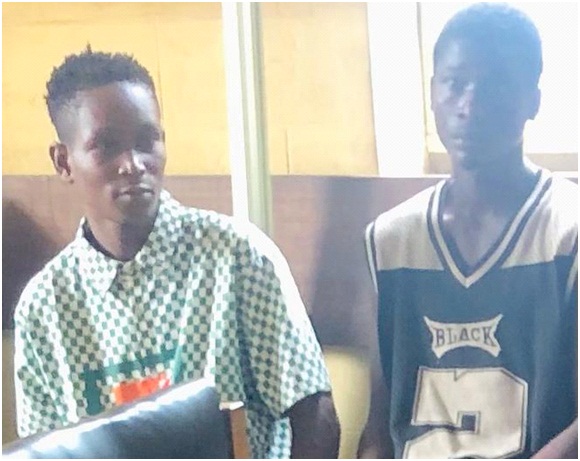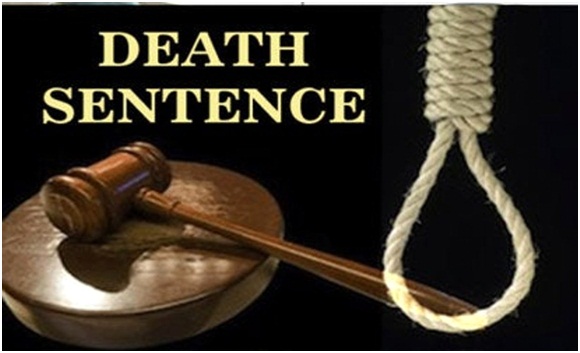Preventing domestic violence
By Josephine Oguntoyinbo
|
Domestic violence, according to Wikipedia (also named domestic abuse or family violence) is a violence or other abuse by one person against another. In a domestic setting, such as in marriage or cohabitation, domestic violence is among the most under reported crimes worldwide for both men and women.
Many types of domestic violence (domestic abuse) exist; each with devastating effects on those involved, including even mere witnesses of the violence. Characterized by a pattern of dominance and control in an intimate relationship.
All types of domestic abuse occur in every imaginable societal and cultural sector. Whether you are rich or poor, male or female, you or someone you know, has likely been touched by the ripple effects of one of the types of domestic abuse.
If your relationship is characterized by chronic struggle for power and control, there is a good chance that one of the many types of domestic abuse is at play. The many types of domestic abuse visit upon victims without discrimination.
A guardian and counsellor, Mrs Nike Agbotoba explained that there are four general types of domestic violence which include
Physical Domestic Violence: According to her, this is the intentional use of force to cause injury or harm. Physical violence may involve weapon use or the abuser may simply use his larger physical size and strength to cause the harm. Examples of physical domestic abuse include: punching, whipping, biting, choking among others.
Sexual Domestic Violence: In addition to the act of forcing an unwilling partner to engage in sex, sexual domestic violence includes forcibly having sex with someone who cannot refuse due to illness, disability, influence of drugs, or fear of retaliation. An abusive partner may force his victim to engage in sex acts that are offensive to her.
Stalking and Threatening Domestic Violence: Using gestures, words, weapons and simply an intimidating presence to convey a threat to harm, injure, rape, or kill another person represents personal threat or stalking violence.
“Psychological and Emotional Domestic Violence: Verbally demeaning, humiliating, threatening or other coercive tactics that evoke emotional stress and trauma in the victim. This may include controlling the victim’s personal freedom of movement or choice of activities; publicly and privately humiliating the victim; denying victim access to money, resources, or important personal items and people they love. Withholding information or giving false information, for the purpose of causing psychological pain and suffering, also constitutes emotional abuse, “She stressed.
She explained that these general types of domestic abuse have many shades and variations, carefully customized by the abuser to use in his insatiable quest for power and control.
The counsellor informed that if your partner has a pattern of behaviour that makes you feel devalued or humiliated, it is a domestic violence, regardless of whether it seems to fit into one of the above four categories.
She explained that domestic violence can happen to anyone, noting that sometimes, it begins early in a relationship or can take months or years.
She advised couples to shun intimidation, possessiveness and over jealous behaviours as they kill relationships.
She posited that couples must not make their partners feel guilty for all the problems in the relationship to avert arguments.
The counsellor opined that preventing wives from working or controlling all financial decisions is not healthy in a relationship.
Mrs Agbotoba stressed the need for couples to learn how to keep quiet during hot arguments and avoid intimidating their partners physically with weapons.
She emphasised that domestic violence victims, either male or female must reach out for help, noting that many victims do not speak out because of the insinuation that certain shame is associated with being abused by someone you love.
Also, multiple research studies show that the types of domestic violence present in a family environment tend to worsen and intensified over time as staying in an abusive environment not only causes devastating harm to the immediate victim, but also seriously affects children, who witnessed the abuse even if they never experienced it firsthand.
To this end, you must learn to recognise domestic abuse and speak out for yourself and others who you feel may be in an abusive situation. Most people underestimate the threat of domestic violence and do not recognise the warning signs to avert it.










